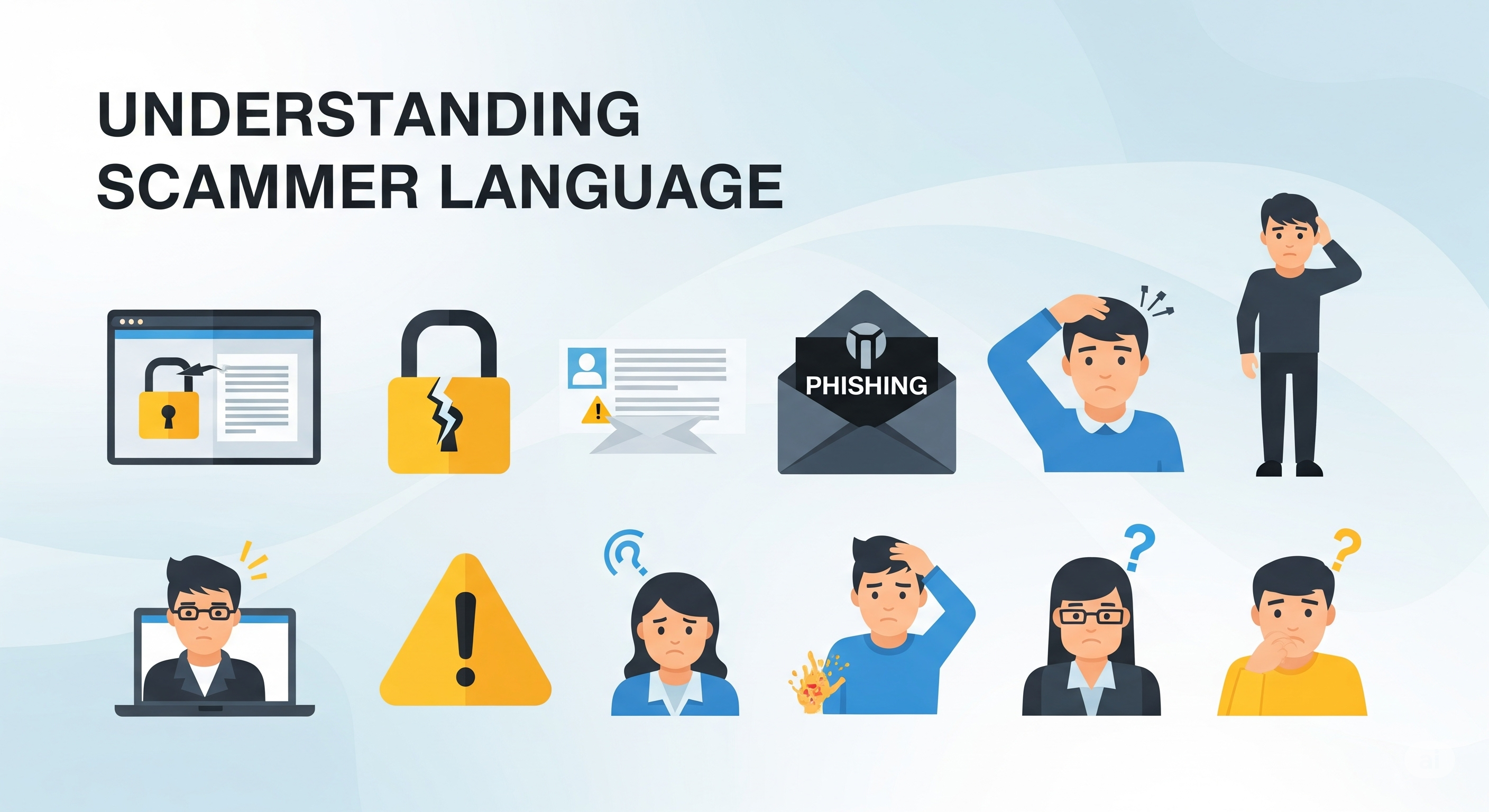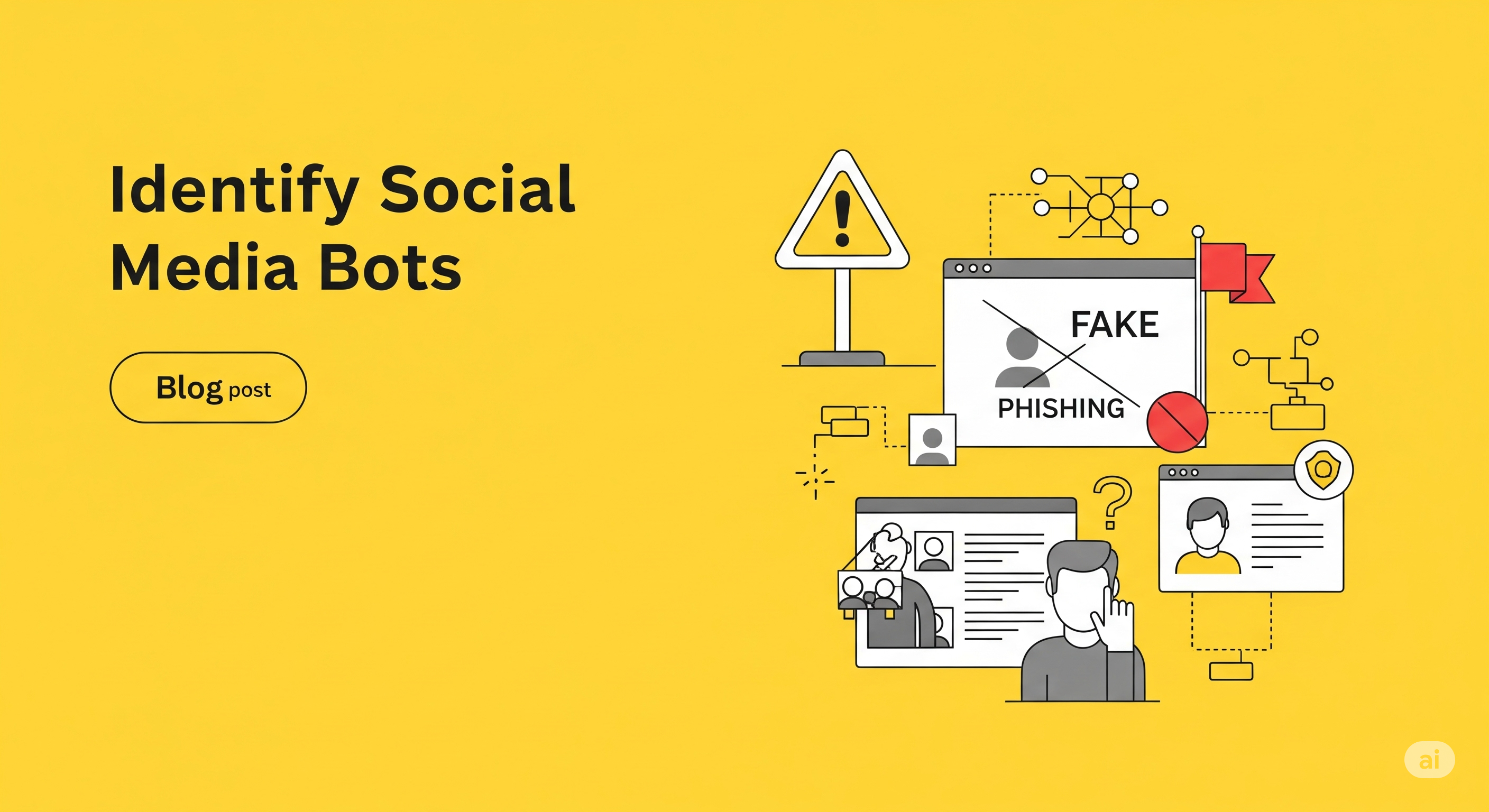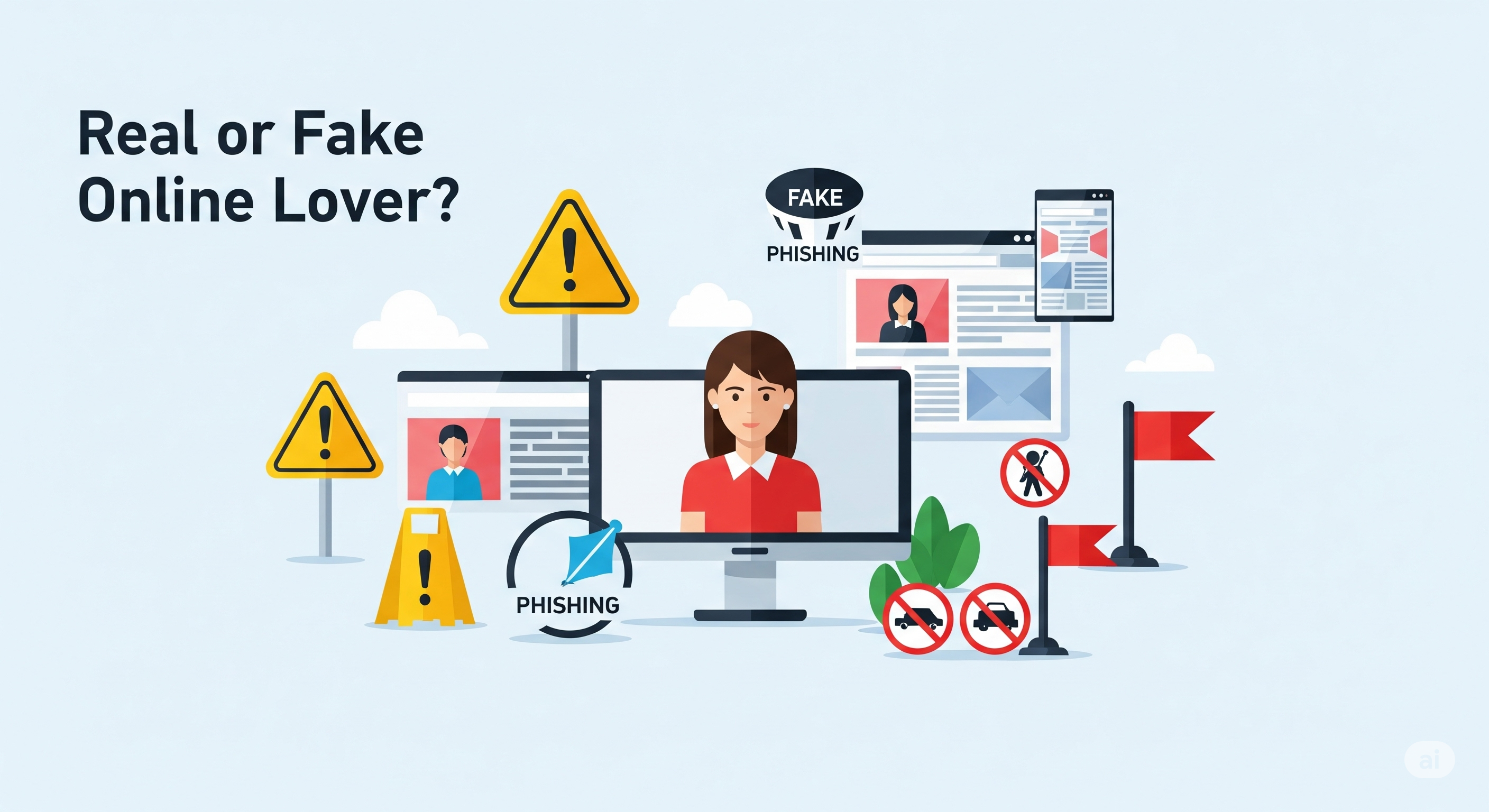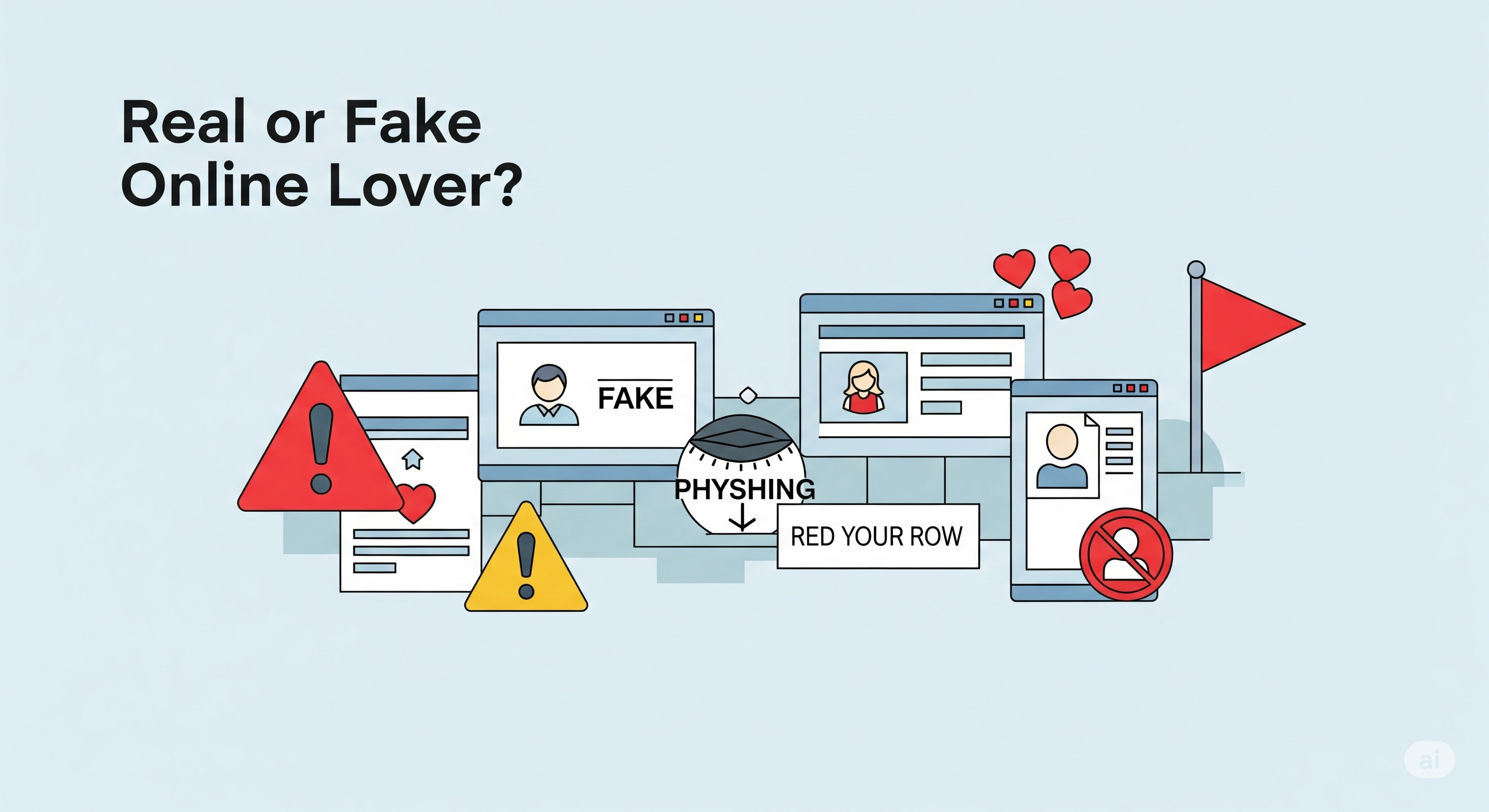More Details
When it comes to online romance, emotions can run high and logic can quickly take a back seat. It’s important to understand that romantic scammers don’t just prey on vulnerability they exploit hope. Many victims are intelligent, successful individuals who simply want to connect. So how do you tell the difference between a sincere connection and a professional scammer?
1. Too Good to Be True? It Probably Is
One of the first red flags is perfection. If your online admirer is overly charming, looks like a model, and says all the right things all the time, be cautious. Real people have flaws, make mistakes, and don't always have the perfect response. Scammers often create idealized profiles using stolen photos and fictional backgrounds to appeal to your preferences.
They might claim to be a soldier deployed overseas, a wealthy businessperson stuck on a trip, or a doctor working in a conflict zone. These scenarios serve a purpose they make excuses for not meeting in person and lay the groundwork for future money requests.
2. They Move Too Fast
A major sign of a fake online lover is the pace at which they escalate the relationship. You might start chatting today, and within days they’re declaring undying love or calling you their soulmate. This isn’t romantic it’s a manipulation tactic. Real relationships take time to build. Scammers know that emotions grow stronger the longer they keep you hooked, so they push intimacy early.
They may even suggest marriage, shared bank accounts, or starting a life together without ever having met you. Be wary of grand promises that come too soon.
3. They Avoid Meeting in Person
Excuses, excuses, excuses. When someone consistently avoids video calls, voice chats, or in-person meetings, you should be on high alert. Common reasons include poor internet, being stuck overseas, or working in dangerous environments. While long-distance dating is not uncommon, real lovers make efforts to bridge the gap. Scammers, however, thrive in distance and ambiguity.
If your online partner always has a reason not to meet or avoids showing their face even after weeks or months, it’s a strong sign that something is off.
4. Sob Stories and Money Requests
The hallmark of a fake online lover is a sudden personal crisis. They might say they’ve been robbed, are injured, or are facing a medical emergency. These stories are emotionally charged and often aimed at triggering your empathy and guilt. After gaining your trust, the request for help usually follows: they need a loan, a gift card, or assistance with travel expenses to finally meet you.
What starts as small requests can escalate. Once you’ve sent money once, they know you're vulnerable and more likely to send again.
5. They Mirror You to Gain Trust
Scammers are skilled psychologists. They study your interests, values, and personality and then reflect them back to you. You love books? They’re an avid reader. You’ve just lost a loved one? They have a similar story. This mirroring creates a false sense of connection and compatibility. The more you share, the easier it is for them to build a version of themselves that feels perfect for you.
It’s not just deceitful it’s calculated. Always be cautious with how much personal information you share with someone you haven’t met in person.
6. Their Profile Seems Shallow or Inconsistent
If their profile lacks details, has only one or two photos, or contains vague information, take that as a red flag. Even more suspicious are inconsistencies in their story. Maybe they said they’re from one country but their grammar or slang doesn’t match. Or their age and job don't align with their lifestyle. These gaps often appear when the scammer isn’t paying attention or when they’re juggling multiple victims.
Take time to verify the information they give you. Ask specific questions and see if their answers stay consistent over time.
7. Trust Your Gut
You don’t need to be an expert to know when something feels off. If you’ve been feeling uneasy, second-guessing their behavior, or sensing emotional pressure, listen to that instinct. Scammers rely on emotional overwhelm to distract you from the truth. If your online relationship causes more anxiety than joy, that’s a warning in itself.
You have every right to ask questions, set boundaries, and say no especially when someone asks for your money, your time, or your loyalty without ever truly showing up for you.











